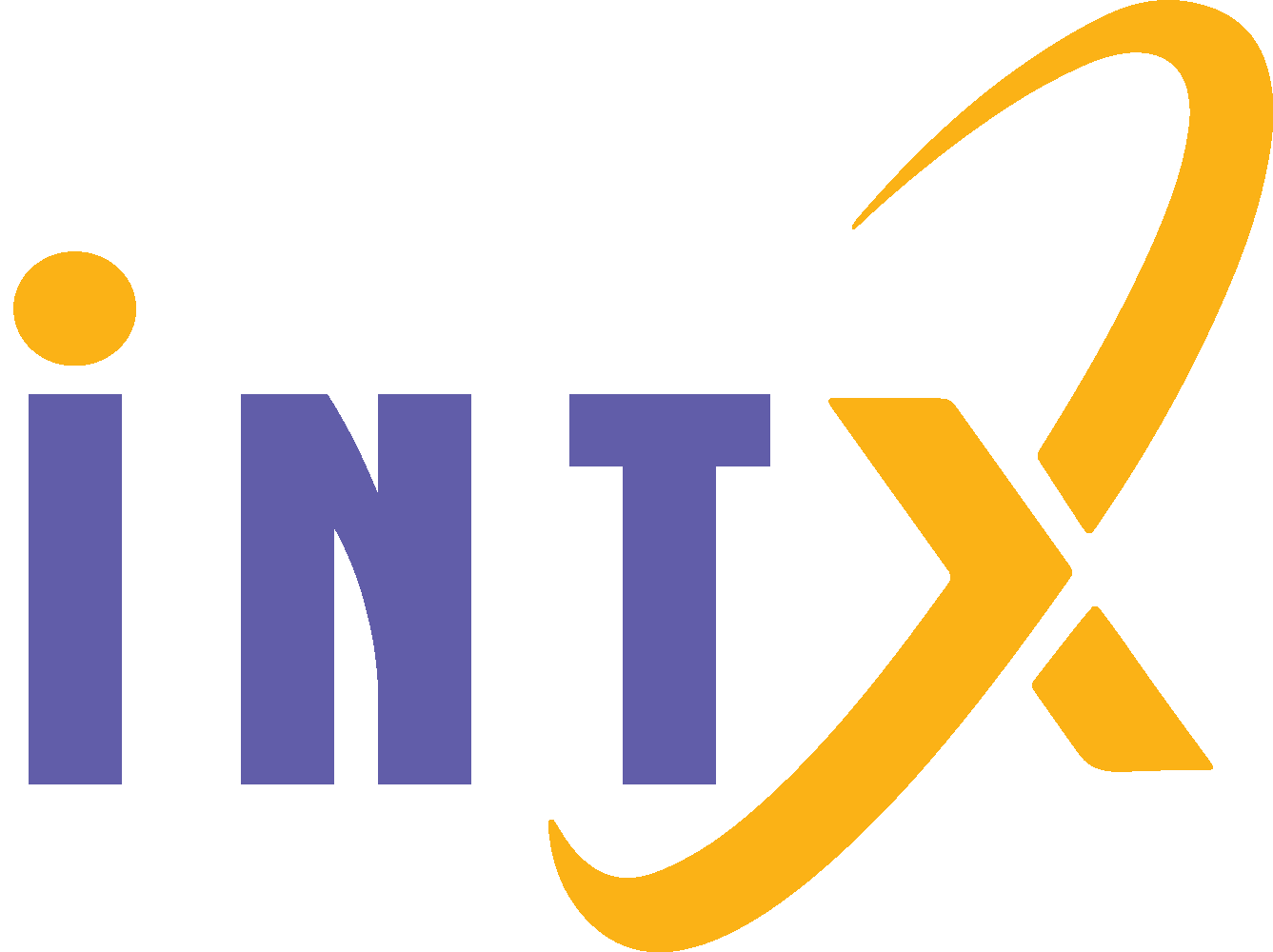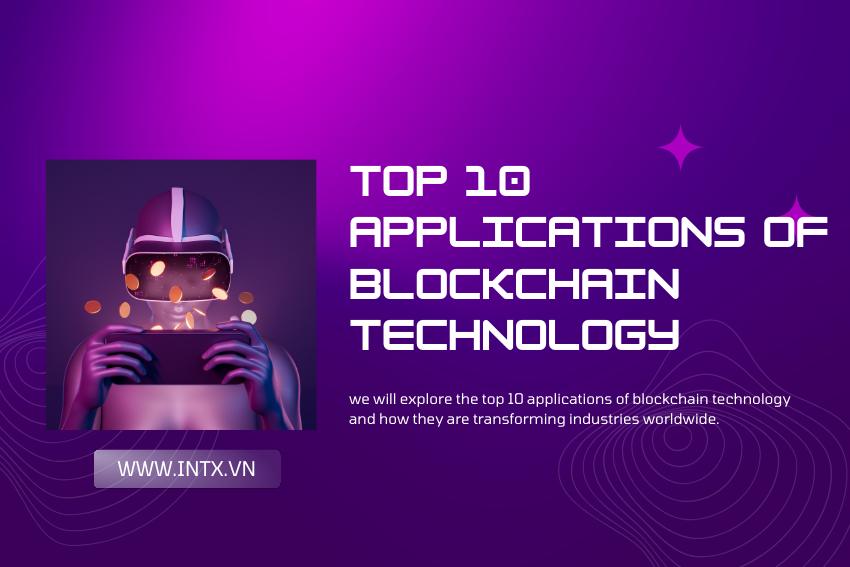Subtotal 0 ₫
Blockchain technology has emerged as a groundbreaking innovation that has the potential to revolutionize various industries. Initially known for its association with cryptocurrencies like Bitcoin, blockchain has evolved to offer a wide range of applications beyond digital currencies. Its decentralized and transparent nature, coupled with its ability to ensure security and immutability, has made it an attractive solution for many sectors. In this article, we will explore the top 10 applications of blockchain technology and how they are transforming industries worldwide.
1. Cryptocurrencies
Cryptocurrencies, such as Bitcoin and Ethereum, are perhaps the most well-known application of blockchain technology. Blockchain provides a secure and decentralized platform for digital transactions, eliminating the need for intermediaries like banks. It allows for peer-to-peer transactions, where individuals can send and receive digital currencies directly, without the involvement of traditional financial institutions. The decentralized nature of blockchain ensures transparency and reduces the risk of fraud, making cryptocurrencies an appealing alternative to traditional forms of money.
2. Supply Chain Management
Supply chain management is another area where blockchain technology is making a significant impact. By leveraging blockchain, companies can create a transparent and traceable system for tracking goods throughout the supply chain. Each transaction or movement of goods is recorded on the blockchain, creating an immutable record that can be accessed by authorized parties. This transparency helps prevent counterfeiting, improves product quality control, and streamlines logistics by providing real-time visibility into the movement of goods.
3. Healthcare
The healthcare industry is ripe for disruption, and blockchain technology offers promising solutions. One of the key challenges in healthcare is the secure and interoperable sharing of patient data among healthcare providers. Blockchain can address this issue by providing a decentralized and secure platform for storing and sharing medical records. Patients can have control over their data and grant access to healthcare providers as needed, ensuring privacy and reducing the risk of data breaches. Blockchain can also facilitate the sharing of medical research and enable more efficient clinical trials by securely storing and sharing data.
4. Identity Management
Identity theft and data breaches are major concerns in today’s digital world. Blockchain technology can provide a robust solution for identity management by offering a decentralized and secure platform for verifying and storing personal information. With blockchain, individuals can have control over their own identities and choose who can access their data. This eliminates the need for centralized authorities to store and manage personal information, reducing the risk of data breaches and identity theft.
5. Voting Systems
Traditional voting systems often face challenges such as voter fraud, tampering, and lack of transparency. Blockchain technology can address these issues by providing a secure and transparent platform for voting. Each vote can be recorded on the blockchain, creating an immutable and verifiable record. This ensures the integrity of the voting process and allows for greater transparency. Blockchain-based voting systems can also enable remote voting, making it more convenient for individuals to participate in the democratic process.
6. Intellectual Property Protection
Protecting intellectual property rights is crucial for artists, musicians, and creators. Blockchain technology can provide a transparent and immutable record of ownership, helping to protect intellectual property. By recording ownership and licensing information on the blockchain, creators can prove ownership and protect their work from unauthorized use. This can have a significant impact on industries such as music, art, and publishing, where copyright infringement is a common issue.
7. Financial Services
Beyond cryptocurrencies, blockchain technology has the potential to transform various aspects of the financial industry. Blockchain can streamline cross-border payments by eliminating the need for intermediaries and reducing transaction costs. It can also enable faster and more secure transactions, as blockchain-based transactions are verified and settled in near real-time. Additionally, blockchain can facilitate the creation of decentralized financial systems, where individuals have more control over their financial assets and can participate in peer-to-peer lending and crowdfunding.
8. Real Estate
Real estate transactions are often complex and involve multiple intermediaries, resulting in high costs and delays. Blockchain technology can simplify and secure real estate transactions by providing a transparent and tamper-proof record of ownership. Each property can have its unique digital representation on the blockchain, containing information about ownership, title deeds, and transaction history. This eliminates the need for intermediaries and reduces the risk of fraud, making the buying and selling process more efficient and secure.
9. Energy Trading
With the growing focus on renewable energy sources, blockchain technology can play a crucial role in facilitating peer-to-peer energy trading. Blockchain enables secure and transparent transactions between energy producers and consumers, eliminating the need for centralized energy providers. By leveraging blockchain, individuals can buy and sell excess energy directly, promoting the adoption of renewable energy sources and creating a decentralized energy marketplace.
10. Decentralized Internet
The current internet infrastructure is centralized, with control over data and online interactions resting in the hands of a few powerful entities. Blockchain technology has the potential to create a decentralized internet, where usershave more control over their data and online interactions. By leveraging blockchain, individuals can store their data securely and have control over who can access it. This can help protect privacy and reduce the risk of data breaches. Additionally, blockchain-based decentralized applications (dApps) can provide alternative platforms for social media, content sharing, and other online services, where users have more control and ownership over their digital presence.
These are just a few examples of the many applications of blockchain technology. As the technology continues to evolve, we can expect to see even more innovative use cases emerge in various industries. From finance to healthcare, supply chain management to identity verification, blockchain has the potential to transform how we conduct business and interact with digital systems.
It’s important to note that while blockchain technology offers numerous benefits, it is not without its challenges. Scalability, energy consumption, and regulatory frameworks are some of the key hurdles that need to be addressed for widespread adoption. However, as more industries recognize the potential of blockchain and invest in research and development, we can expect to see significant advancements in the technology and its applications.
In conclusion, blockchain technology is a game-changer that has the potential to revolutionize various industries. Its decentralized and transparent nature, coupled with its ability to ensure security and immutability, makes it an attractive solution for many sectors. From cryptocurrencies to supply chain management, healthcare to identity management, blockchain is transforming how we conduct business and interact with digital systems. As the technology continues to evolve, we can anticipate even more innovative applications that will reshape industries and create new opportunities for growth and efficiency.
Disclaimer: The information provided in this article is for informational purposes only. The author does not endorse or promote any specific blockchain technology or cryptocurrency mentioned in this article.


